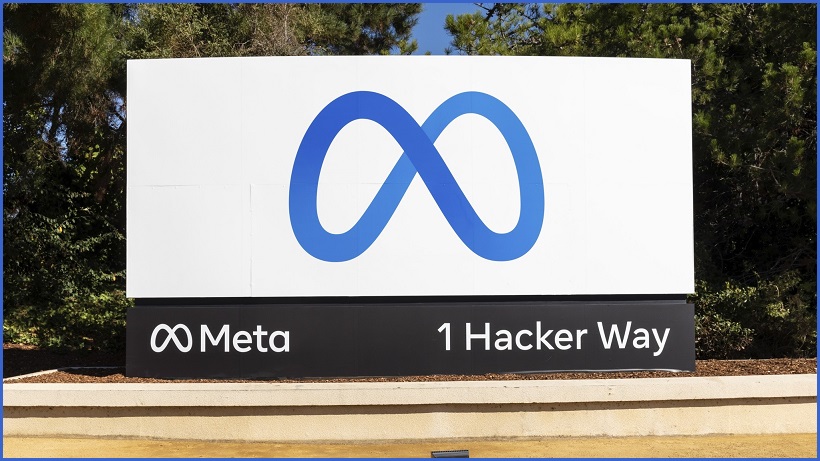The rumours were true – Facebook has changed its name to Meta.
Meta CEO Mark Zuckerberg announced the new company name on Friday, Australian time, accompanied by a bold mission statement for the brand.
Zuckerberg has telegraphed his vision of Meta in interviews for much of this year, describing the future of the internet using the science fiction term ‘metaverse’ – used to designate an immersive, interoperable set of digital platforms either overlaying or disconnected from the real world.
Facebook, Instagram, WhatsApp, Messenger, and Oculus will all be bundled under the Meta branding that Zuckerberg said helps step away from the confusion of having the whole company named after just one of its services: Facebook.
“Right now, our brand is so tightly linked to one product that it can't possibly represent everything that we're doing today, let alone in the future,” Zuckerberg said.
“Over time, I hope that we are seen as a metaverse company, and I want to anchor our work and identity on what we're building toward.”
On 1 December Meta stock will start trading under the MVRS ticker.
The change has come at an awkward time for the company which spent much of the past month making headlines thanks to leaked documents known as the Facebook Papers.
News story after news story showed how the company has been aware of the psychological it caused its users while also mismanaging its international operations – all in the name of profit.
While the switch from Facebook to Meta comes at a perfect time given the toxicity of the former brand, Zuckerberg has also presented an ambitious set of ideas for the future of his US$800 billion company.
“In the metaverse, you’ll be able to do almost anything you can imagine — get together with friends and family, work, learn, play, shop, create — as well as completely new experiences that don’t really fit how we think about computers or phones today,” Zuckerberg said.
“Think about how many physical things you have today that could just be holograms in the future.
“Your TV, your perfect work setup with multiple monitors, your board games and more — instead of physical things assembled in factories, they’ll be holograms designed by creators around the world.”
How meta
The Meta CEO also mentioned interoperability as an important part of the company’s future and suggesting it would support “crypto and NFT projects” to bring digital assets to life in the next phase of the internet.
Zuckerberg described the last five years as “humbling” in part because Facebook has had to build on other platforms and follow the rules set out by other companies.
“Living under their rules has profoundly shaped my views on the tech industry,” Zuckerberg said.
“I’ve come to believe that the lack of choice for consumers and high fees for developers are stifling innovation and holding back the internet economy.”
Apple was not mentioned by name but Facebook has butted heads with the tech giant in recent years thanks to the social media company’s need for its apps to be included in Apple’s iOS App Store.
The Facebook Papers, for example, revealed how Apple threatened to remove Facebook’s apps from its store because it wasn’t doing enough to stop ads for human trafficking on its platforms.
The recent iOS 14 update also interfered with Facebook’s lucrative ad business by limiting its ability to track ad conversions and accurately report on the success of campaigns – something Facebook executives lamented in the latest earnings call.
At the heart of Facebook’s new direction are its augmented and virtual reality (AR/VR) products including future iterations of its smart glasses and wireless VR headsets from its Oculus brand which Facebook acquired in 2014 and will soon be simply called Meta.
By shifting toward its own products, Facebook will look to remove some of the difficulty and reliance on other platforms like the iOS App Store.
In its earnings call earlier in the week, Facebook announced that it was investing heavily in its AR/VR arm, Reality Labs – an investment that it projected would cost US$10 billion next year alone.
Reality Labs has been home to some of Facebook’s more creepy product developments in recent years including a prototype headset for reading brain activity.










